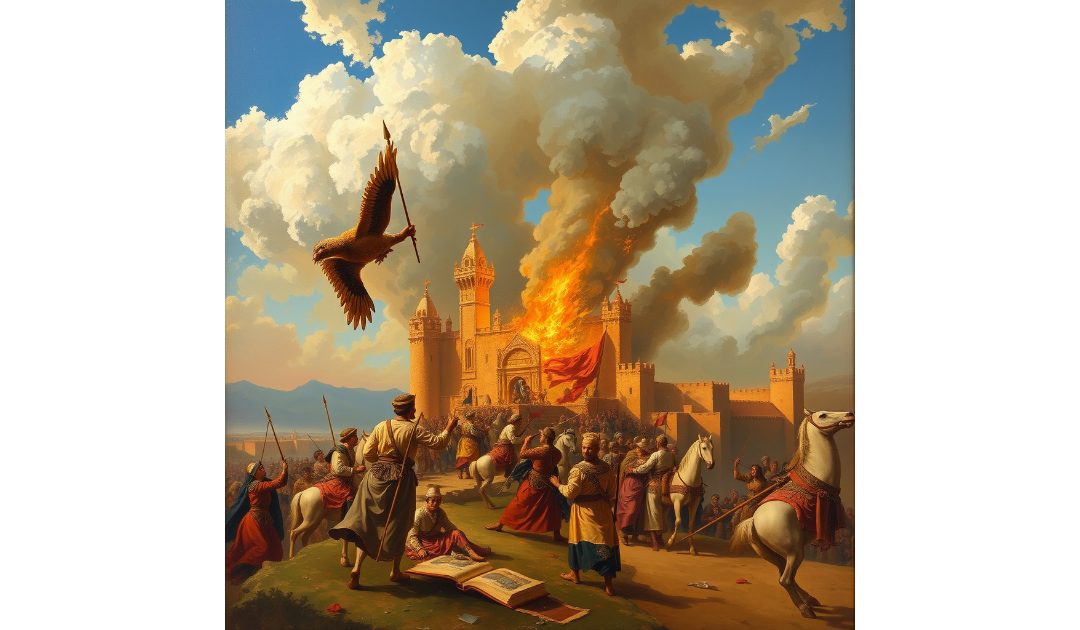On 2nd January 1492 Muhammad XII, the last Emir of Granada, surrendered the city to Ferdinand II of Aragon and Isabel I of Castile, ending both the Reconquista and centuries of Muslim rule in the Iberian peninsula
The Reconquista began in 711 AD when Muslim forces, primarily composed of Berbers and Arabs, invaded the Iberian Peninsula, swiftly conquering most of the territory. The initial resistance was led by the Visigoths, but they were quickly overwhelmed. However, pockets of Christian resistance emerged, notably in the northern regions, where kingdoms such as Asturias began to form. The Battle of Covadonga in 722 is often cited as the starting point of the Reconquista, where the Christians achieved a significant victory against Muslim forces.
Over the centuries, the Reconquista saw the rise of several Christian kingdoms, including León, Castile, Aragon, and Navarre. These kingdoms engaged in a series of military campaigns to reclaim territory from Muslim rule. The process was not merely a straightforward military endeavor; it involved complex political alliances, intermarriages, and shifting loyalties. The Christian kingdoms often cooperated and competed with one another, leading to a fragmented and dynamic political landscape.
The Reconquista also had profound cultural implications. As Christian forces advanced, they brought with them their own customs, languages, and religious practices. The interaction between Christian and Muslim cultures led to a rich exchange of ideas, particularly in areas such as science, philosophy, and architecture. The architectural legacy of this period is evident in the construction of magnificent cathedrals and fortresses, many of which incorporated Islamic artistic elements.
By the late 15th century, the Reconquista reached its climax with the Catholic Monarchs, Ferdinand of Aragon and Isabella of Castile. Their marriage in 1469 united two of the most powerful kingdoms in Spain, and they launched a final campaign against the Nasrid Kingdom of Granada. In January 1492, after a lengthy siege, Granada fell, marking the end of Muslim rule in the Iberian Peninsula.
The conclusion of the Reconquista had far-reaching consequences. It not only solidified the power of the Catholic Monarchs but also set the stage for Spain’s emergence as a global power. The same year, Columbus set sail for the New World, leading to the Spanish colonization of the Americas. The Reconquista also paved the way for the Spanish Inquisition, as the newly unified kingdom sought to consolidate religious and political control.
Just seventy-five years after the conclusion of the Reconquista my ancestor, Sir Anthony Standen was beginning his espionage career against the Spanish.

